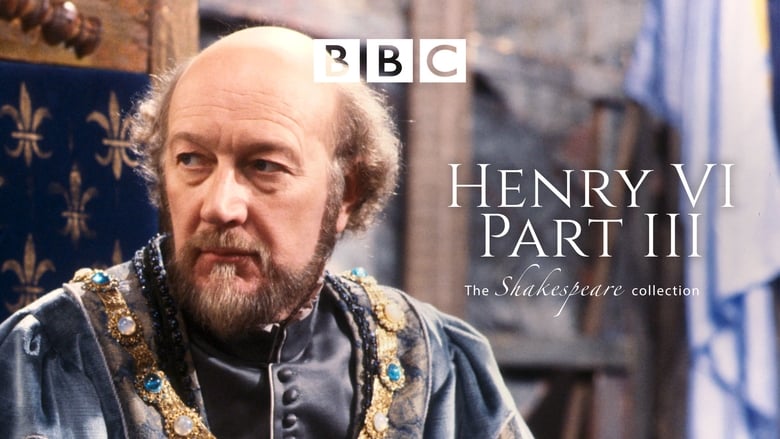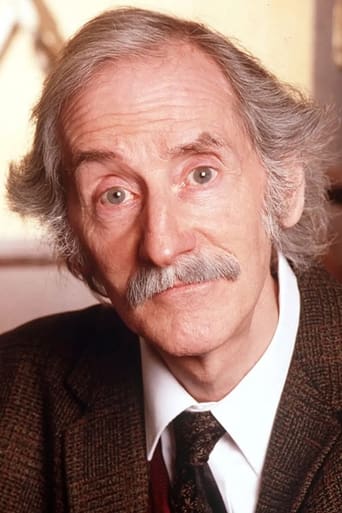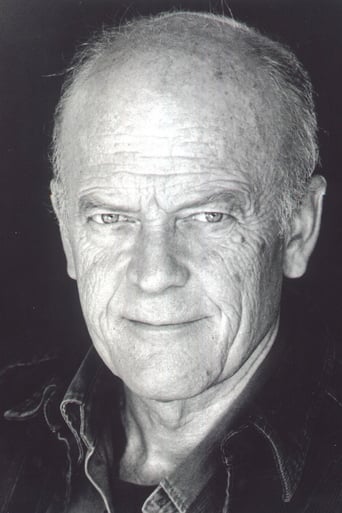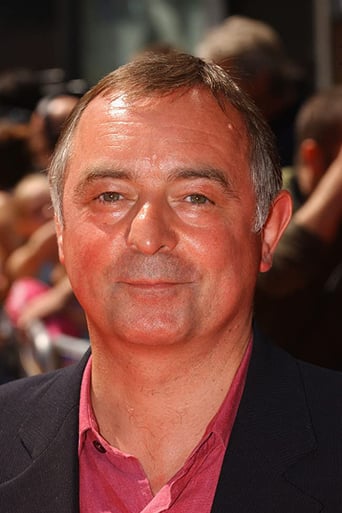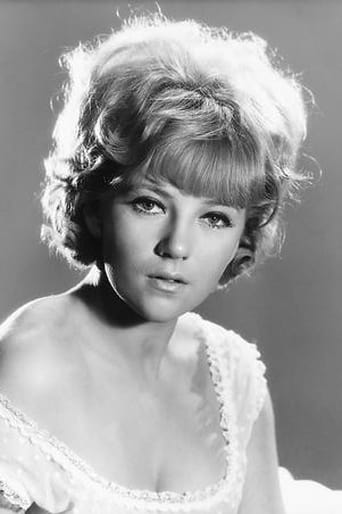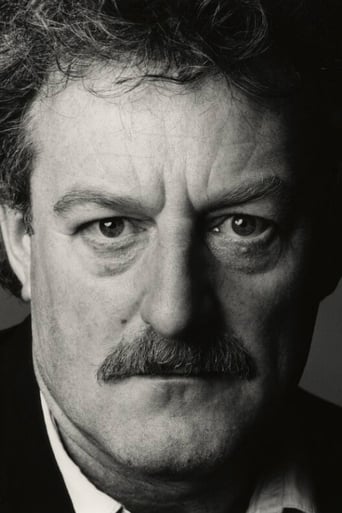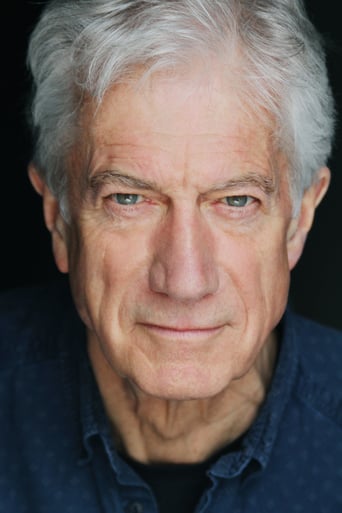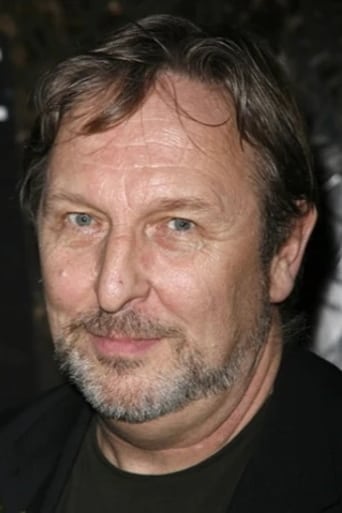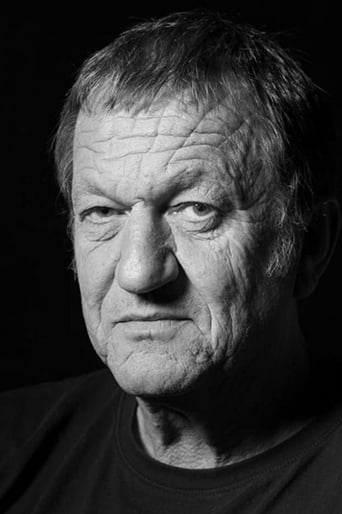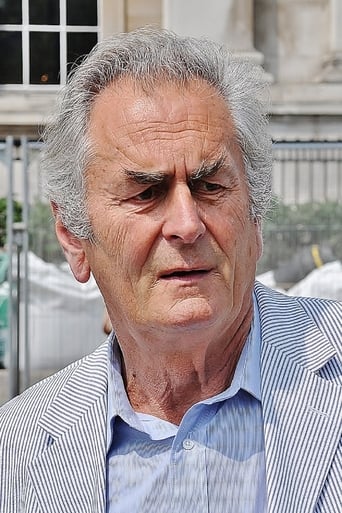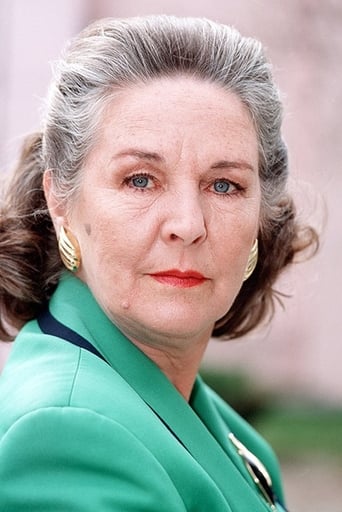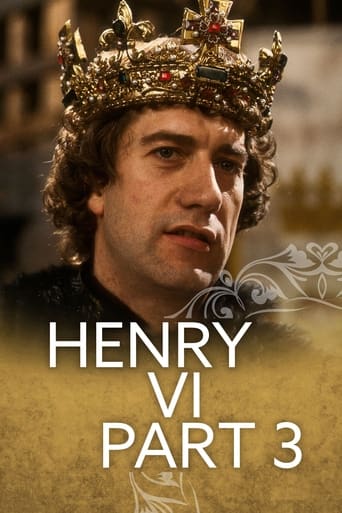
Henry VI Part 3
January. 16,1983The life of King Henry the Sixth, in three parts.
Similar titles
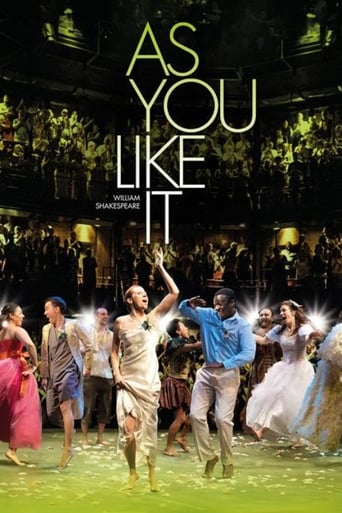
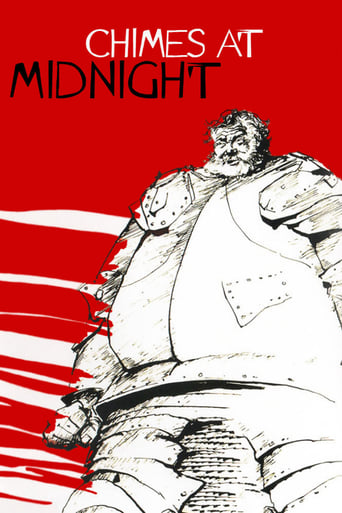
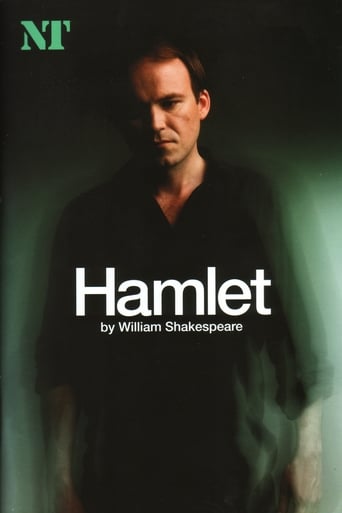
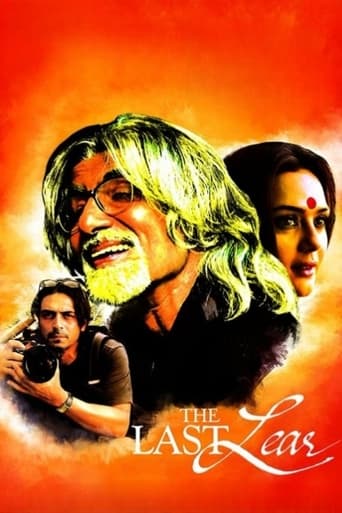
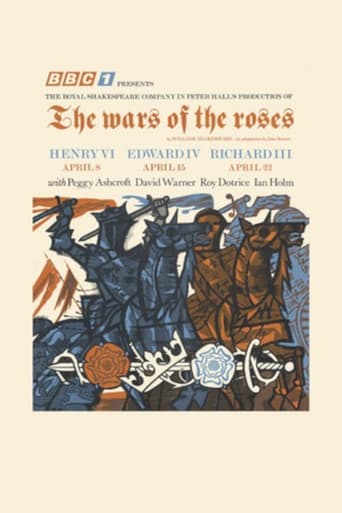
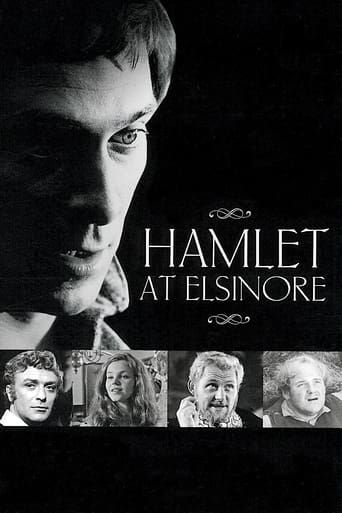
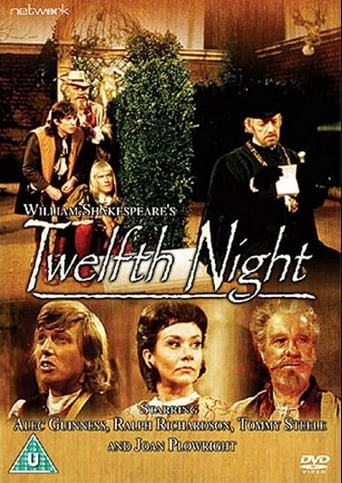

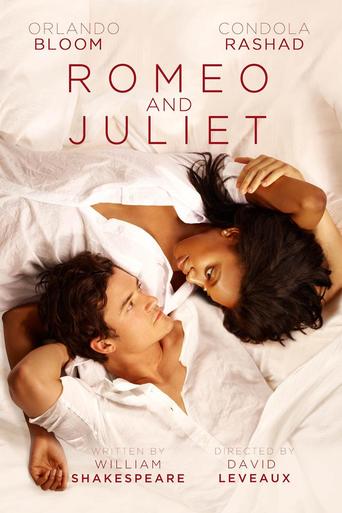
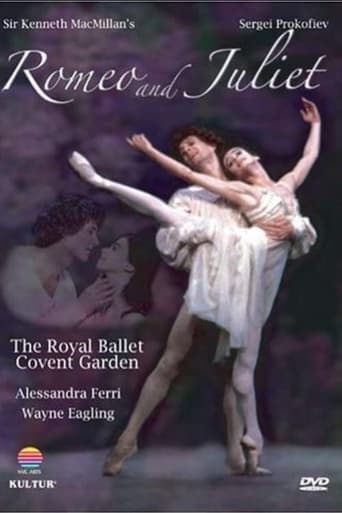
Reviews
Simply A Masterpiece
A great movie, one of the best of this year. There was a bit of confusion at one point in the plot, but nothing serious.
The movie's neither hopeful in contrived ways, nor hopeless in different contrived ways. Somehow it manages to be wonderful
I enjoyed watching this film and would recommend other to give it a try , (as I am) but this movie, although enjoyable to watch due to the better than average acting fails to add anything new to its storyline that is all too familiar to these types of movies.
This is the third part, hence the end; of this Henry VI, a weak king that lasted longer than any other on the stage. The last events of his reign are not that important. The fight is to the finish, to the death between the two houses of Lancaster, the King, and York, the contender. The Duke of York is eliminated rather fast and his four sons are the heirs of his vain claim.First Edward, Earl of March and later King Edward IV, who becomes an in and out and back in king in this play: he is the flip flop king and as such uninteresting, whimsical, self-centered, and I mean here centered on his belly-button, and when I say belly-button you can figure out what explicit word I should use: to take advantage of a widow on the whim of the moment, he marries her while an ambassador is negotiating his marriage with the sister of the King of France. More flip flop than that you die. He will eventually after having spoiled everything and caused the worst possible explosions of rivalry and struggle.Second Edmund, Earl of Rutland, is in many ways unimportant. He is the follower of his elder brother but he is murdered by Clifford at the Battle of Wakefield at the age of 12, supposedly though he does not seem to be that young in the play and on the stage. Third George, Duke of Clarence, who is an opportunistic change-coat who deserts his brother Edward when he marries his widowed paramour, and thus becomes co- protector of the Realm under Henry VI reestablished on the throne, but not for long, since this Clarence betrays again and brings his brother back on the throne.Fourth and not least Richard, Duke of Gloster, who is the only one who has some real will, desire, want and urge to become king by all means. He will with his two brothers stab to death Henry's son, Edward to close up the descent of Henry VI, and at the same time shut him up. He will alone stab to death Henry VI in the Tower where the King is held prisoner. Shakespeare from the very start shows him as a killing machine only bent on conquering the throne. And Shakespeare makes Richard speak of himself in the basest words and feelings possible:It is important though to clearly say that these deformities are pure invention probably spread after his death in Bosworth in 1485 when he was denuded to be prepared for burial; and then his real physical state was discovered. Shakespeare was one of those who produced for posterity that image of a twisted and distorted hunchback with a warped backside, a shorter atrophied arm and a shorter or out of shape leg that made him limp. All that was absolutely false: here are the results of the medical examination of his skeleton after discovery and before reburying."The type of scoliosis seen here is known as idiopathic adolescent onset scoliosis." (http://www.le.ac.uk/richardiii/science/spine.html) And common modern approaches of this king is as below, pushing aside all the physical handicaps, except his scoliosis, probably well hidden during his life as a king and discovered after his death by the victorious Henry VII, first Tudor king and that's when the "legend" or the "myth" started. Shakespeare goes very far in that mythical direction in the mouth of Gloucester himself.Strangely enough the action is tense and dense but it is only action with blood and battles on both sides and the producer enjoys giving some pictures of killed, bloodied half nude corpses after the battles. That's visual gore and Shakespeare could not afford that just as he could not afford the numerous battles with twenty to forty extras. The BBC could of course invest on extras since the setting itself was made of flotsam recuperated bits and pieces of shredded wood, doors, windows picked from some demolition site.Some characters stand out and first of all Queen Margaret as a soldier, a captain, a woman leading troops and infantry. I must also say that most of the leading actors are great in their dying scenes. Warwick and the various Yorks seem to be great dying personae. Richard himself does not die, but he kills very well though his main quality is in his long speeches about his fate of a mongrel in his family, in his house, in his country. And mongrel and monster seem to start with the same letters for him. He is developing a discourse that could freeze your blood and curdle it if it were not on a stage. And there is no black humor in him. He appears as the great central maximum actor in this play, the one who is pulling the strings and soon these strings will become cables. I just wonder if he is not still in the making because he could have been a lot worse in his tone and maybe his body language. But I guess he kept some of his resources in store for the next play.So this third part of this Henry VI is probably the densest and hence most interesting. Yet Henry VI himself is still smothered in an impersonation that makes him seem a lot more secondary than he should be. The choice is to make him kind of inconsistent. I am not sure Shakespeare's text could not give him more muscle at least in appearance and tone. Instead of looking pitiful as he does here he might have been able to look impotent in front of people negating his existence and then, he would have been poignant in his powerlessness instead of pathetic in his spinelessness. This is only a question of tone, hence a choice of the director and producer.Dr Jacques COULARDEAU
Peter Benson as Henry VI has his reign as well as himself come to an ignoble end in the third part Shakespeare's Henry VI. The ironic thing is that left to his own devices he would have given up the kingdom in a London minute. Henry VI had he his heart's wish would have preferred being a monk and slaving over obscure manuscripts and books. The apple sprung so far from the tree of Henry V that many wondered what tree it fell from.That was part of the problem for his valiant son Edward the Prince of Wales played by Nick Reding. Many suspected his parentage even then, that Queen Margaret might have born Edward courtesy of the Duke of Suffolk killed off in Part 2. Julia Foster really ratchets up Margaret's character who is now fighting for her son's birthright and keeping the Lancaster cause alive. If she hadn't been around about 4 battles would not have been fought.Those battles make Henry VI Part 3 one of Shakespeare's bloodiest plays and for a photographed stage play they are presented remarkably well. The audience gets a first hand account about what war in the 15th century was all about.As for the House Of York. Duke Richard played by Bernard Hill who raised the claim the York line had on the throne is killed early on and so is his youngest son. After that the oldest son Edward is singleminded in his pursuit of the crown. He's also singleminded in pursuit of the Woodvilles who provide him with his Queen. That upsets all kinds of arrangements that Mark Wing-Davey the Earl of Warwick who is the most powerful and wealthy lord in the kingdom has made. He turns sides and nearly costs the York faction what fought so hard for.Ron Cook who was briefly introduced as the future Richard III in Part 2 also reveals his malevolent character in this plays. Again the BBC plays when broadcast in America were shown chronologically and with the same players. For more than anyone else in this series it allowed Cook free reign to develop his character which he took full advantage of.In fact Cook and Foster are who you will best remember from this final play in the Shakespeare trilogy about the reign of Henry VI.
The two leads, Peter Benson as Henry VI and Julia Foster as Queen Margaret, are much less annoying in the final part of the trilogy than in the first twotowards the end, they even do some actual acting, which suggests that their monotones in the first five sixths of the trilogy should be blamed on the director. The minor parts, as usual for the BBC Shakespeare, are mostly well-handled, even (this time) Bernard Hill as Richard, though it's still a relief that he's replaced in the sequel. The direction is competent when it's not heavy-handed, sometimes (as in Warwick's final speech) going over the top and distracting from the play and Shakespeare's words. The production continues to be cheap and gloomy, but this only occasionally (as with implausible snow on what's normally conceived as a filmed indoor set) interferes with the play, though it never adds to it.
This last part of the Wars of the Roses trilogy really picks up the pace in the last part with double-crosses, betrayals and bloody murder abounding.The Duke of York (Bernard Hill) stakes his claim to the throne, but when he dies in battle, the issue is taken up among his sons who install Edward (Brian Protheroe), the eldest, on the throne. Henry VI (Peter Benson) relents, but his wife Margaret (Julia Foster) will not give up royalty so easily and fights on...Julia Foster makes for a ferocious, ruthless Margaret and is contrasted well with Benson, who generates sympathy for his weakling king as he is caught up helplessly in events once more, with fatal results. Paul Jessop makes for an interesting Clarence. Standalone versions of "Richard III" depict this character as a hapless dupe. This play shows he is definitely not and Jessop captures it brilliantly. Ron Cook is finally starting to cut loose as the treacherous Richard, as he begins his murderous path towards the English crown. Brian Protheroe is a blustering Edward, making an arrogant, self-righteous tyrant of the character.The sets, once so colourful, are turned pitch-black then snowy white in the heat and cold of bloody battle. The lensing and camera-work are very good, with a multitude of moments and speeches being captured in a single take.As Richard skulks out of his brothers celebration party, one can only dread what lies in store in the final episode of the Histories Cycle, "Richard III".
Top Streaming Movies











